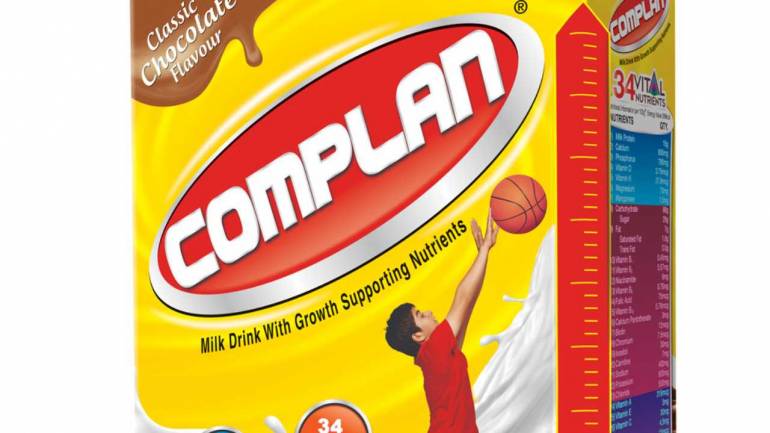Interestingly, Complan’s competitor and the country’s biggest health drink brand Horlicks (currently owned by GSK Consumer Healthcare) is also on the block since March. It has a market share of at least four times that of Complan.
Sounak Mitra
Complan, one of India’s top-selling health drink brands, has got an Indian owner. Ahmedabad-based Zydus Wellness, jointly with Cadila Healthcare, is buying Heinz India, a subsidiary of Kraft Heinz for Rs 4,595 crore which values it at four times annual sales.
The acquisition includes two factories taking Zydus’ manufacturing units to five. It will also treble the company’s consolidated sales post-acquisition.
Besides Complan, which is in the Indian market since 1969, Zydus will also have the brand ownership of the oldest prickly heat powder Nycil (sold since 1951), Indian’s best-selling nutrition solution Glucon D and premium ghee brand Sampriti.
Interestingly, Complan’s competitor and the country’s biggest health drink brand Horlicks (currently owned by GSK Consumer Healthcare) is also on the block since March. It has a market share of at least four times that of Complan.
Then, why did Zydus buy Complan and not GSK’s Horlicks? The reasons are multiple. Valuation at four times annual sales is much lower than other recent deals in the packaged consumer goods space.
First, Zydus got Complan at a much lower price, both in terms of total deal value and valuations. For example, Reckitt Benckiser had paid eight times sales to the buy business of Paras Pharmaceuticals, Emami paid 5.5 times of sales to acquire Kesh King. The asking price for Horlicks is also expensive. Not only does the brand have sales of $550 million (Rs 4015 crore at current exchange rates), its valuation is estimated at around $4 billion (Rs 29,200 crore). That’s a multiple of 7.3 times sales.
There are already question marks about how Zydus is going to finance this deal. So, its appetite and capability to swallow a much bigger brand would be low. In any case, Zydus would be better off investing in expanding these four brands in three different categories to cement long-term growth.
Second, a majority of sales for brands such as Complan, Glucon D and Nycil come from chemist stores where Zydus has a strong hold. It would be easy for Zydus to push these Heinz brands through its existing network where it reaches 4 lakh direct retail outlets. On the other hand, Heinz brings a network of 800 distributors, and 20,000 wholesalers thanks to its ketchup business. Complan also currently reaches around eight lakh retail outlets, double of Zydus’ direct reach. This gives Zydus the scope to expand its existing business of Sugar Free and Nutralite.
While Horlicks has higher sales, it reaches only 3.3 million retail outlets with a focus on the southern and eastern parts of India. So Zydus won’t gain much distribution muscle from the acquisition.
Third, Complan will boost Zydus’ hold in the health portfolio, adding to its Sugar Free, Nutralite and Actlife. Nycil talcum powder complements Zydus’s skin care brand Everyuth and strengthens its play in the segment. Glucon D is already the market leader and has much better acceptance than all other brands in the category where even companies like Coca-Cola and PepsiCo have been trying to build their presence. It is a category that is growing, and if Zydus invests in innovation it will have an advantage. Sampriti ghee may be considered adjacent to Nutralite a fat spread.
There are caveats, however, as the fall in the price of the Zydus stock on October 24 showed. Apart from questions about financing the deal and Zydus’ ability to do well in a new segment, investors seem concerned about slowing growth rates.
In the world of malt and energy beverages, Complan is considered a supplement nutrition drink while Horlicks is termed a purely malt-based health drink. The growth rate of the former category has dropped to 11.5 percent in 2017 from around 21.3 percent in 2011, according to estimates from Euromonitor.
Still, the research agency predicts that the supplement nutrition drinks will grow at 5.6 percent between 2017-22 compared to a 3.7 percent rate for malt-based drinks. But these nuances don’t matter much for investors who would want to see Zydus gain from the acquisition. By the time Horlicks gets a new owner, Zydus should have a master plan to take on the industry leader.














